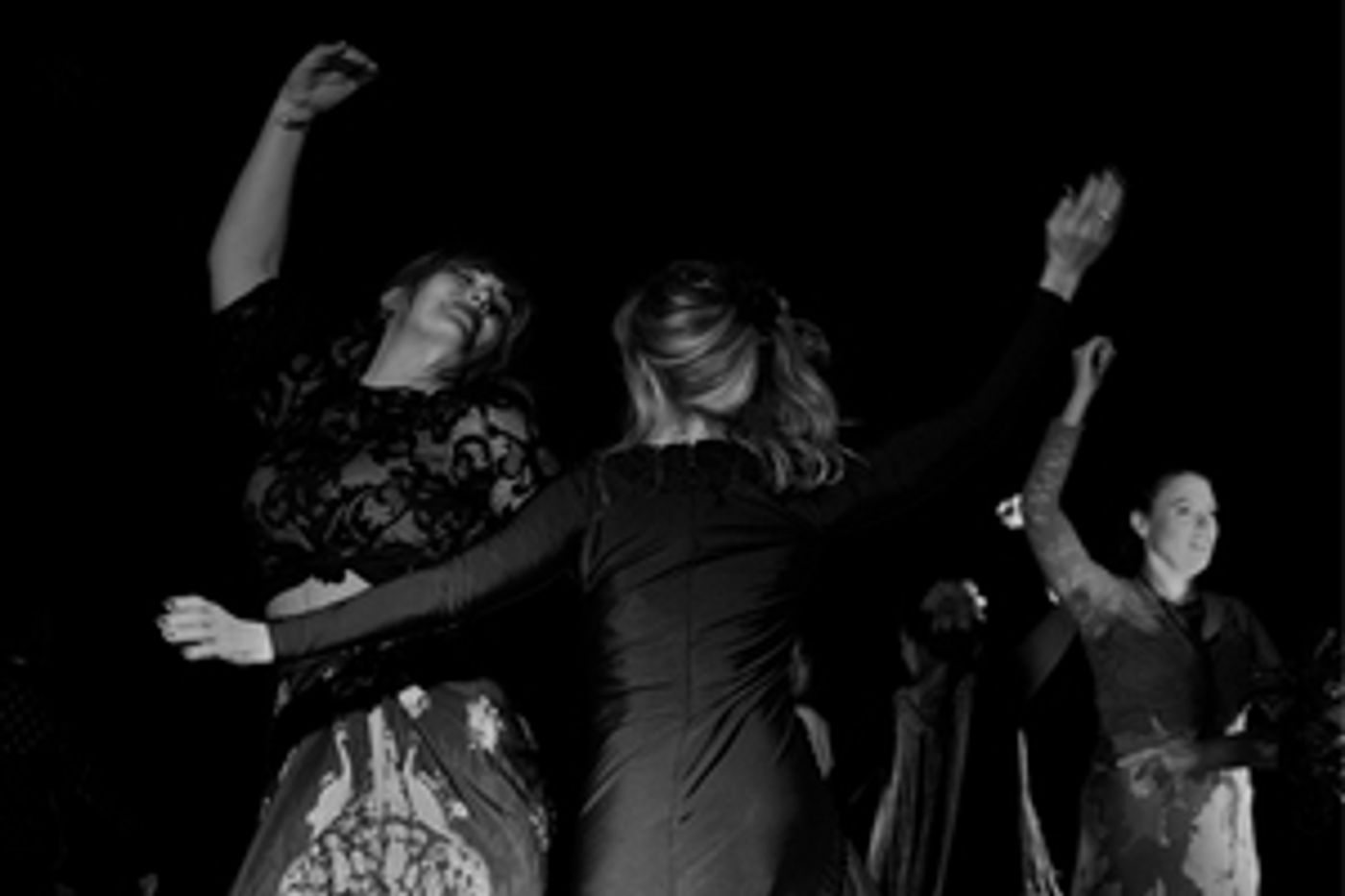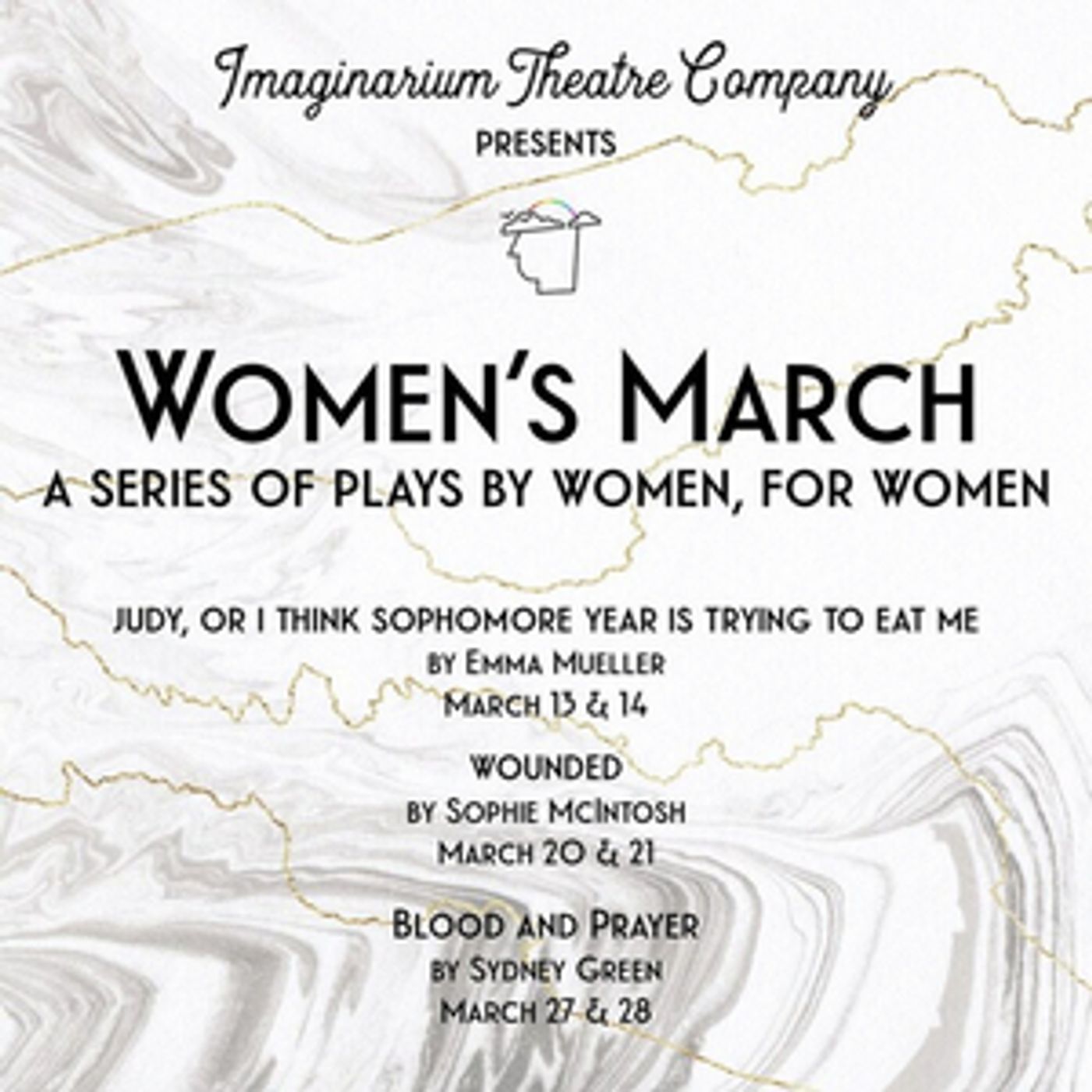Student Blog: This Month, Let's Give Credit Where Credit is Due
Women have always played an important role on and behind our stages. It’s about time we talk about them.

A lot of my studies as it pertains to theatre has always had to do with race - - what are the contributions of people of color in theatre arts, etc. As a person of color, this is where I find myself most invested, but I must never forget one important fact - - that I am only alive because a strong woman gave birth to me and then took the time to raise me. It was because of a strong woman that I am a maker of theatre, because of her constant support and applause. Even if it is not my expertise it would be wrong to ignore the contributions of women in my life, and it would be just as wrong to ignore the contributions of women in my field. As we transition from Black History Month into Women's History Month I think that it is important to talk about the history of women in this artform and hear from a few who are actively working within it.
Just like people of color have always been a part of the greater theatrical landscape, so have women. Even within Greek theatre, it was mostly a Boys Club-kind of feel. At the start of the 17th century, female parts, in both plays and the rising artform of opera were simply given to men with high-pitched voices. Later in the same century, though, an artist named Aphra Behn became the first prevalent female playwright. This opened the door to more female writers, and even performers, to use their authentic voices. This didn't mean that there was no inequality and it was not until the 19th and 20th century that we really saw how effective these voices were. We went from Aphra to Audra, with some of the most legendary voices in the theatre identifying as female. Not only have we had a cavalcade of actresses winning Tony Awards, but we have also had directors like Julie Taymor and composers such as Anais Mitchell and Jeanine Tesori creating landmark pieces in theatre. Lorraine Hansberry, one of my biggest influences as a writer, made history when her play A Raisin in the Sun premiered on Broadway in 1959. Playwright Lynn Nottage has won the Pulitzer twice. Both of those latter two were/are Black women.
But I am aware that I am not in a space to speak completely on this subject. At the end of the day I do not what it is like to live in the body of women, to walk in one's shoes. The most influential people in my life have, some of my closest friends have, but I have not and I have to respect that if I am speaking on women in the theatre, I have to speak to women in the theatre. This is why I reached out to friends at Imaginarium Theatre Company, a company I have worked with before, who define "woman" as a human identifying as femme, female, or otherwise self-aligned with womanhood, regardless of biological sex or societally assigned gender. They are currently preparing for the Women's Month Series of new plays. The series highlights women's voices around the world while also educating audiences about various issues. This month's plays - judy, or i think sophomore year is trying to eat me (March 13-14), wounded (March 20-21), Blood & Prayer (March 27-28) - cover topics ranging from body image, eating disorders, sexuality, homophobia, femicide, violence against women, the MeToo movement, and workplace harassment.
When speaking with some of the artists involved I was able to gain diverse perspectives on what they hope not only the shows do, but how they feel their lives and purpose are aligned with them. Sofía Sam, co-founder and Treasurer of Imaginarium Theatre Co., stated that "As a native of Latin America, where the issues of femicide and violence against women are exhaustingly and ragingly ubiquitous, wounded is a play that I needed to see to process my feelings about the constant state of fear women are subjected to. It presents such a nuanced, painfully sincere, cathartic discourse about the topic - I think anyone who watches can take something from it that helps them understand why there is so much hurt in a patriarchal world." Marissa, co-founder and VP of ITC, also playing Joan in Blood and Prayer, stated in regard to the shows and the respect of women who have before us in this industry that they speak "to very real and modern issues that women in art still face to this day. I love thinking about the footsteps I'm following in and path that has been paved for us while recognizing that even though progress has been made, women still have a very long way to go until we get the same treatment and recognition as men." 20% of ticket sales, 50% of donations, and 50% of merch sales during this month will be donated to The Malala Fund.
perspectives on what they hope not only the shows do, but how they feel their lives and purpose are aligned with them. Sofía Sam, co-founder and Treasurer of Imaginarium Theatre Co., stated that "As a native of Latin America, where the issues of femicide and violence against women are exhaustingly and ragingly ubiquitous, wounded is a play that I needed to see to process my feelings about the constant state of fear women are subjected to. It presents such a nuanced, painfully sincere, cathartic discourse about the topic - I think anyone who watches can take something from it that helps them understand why there is so much hurt in a patriarchal world." Marissa, co-founder and VP of ITC, also playing Joan in Blood and Prayer, stated in regard to the shows and the respect of women who have before us in this industry that they speak "to very real and modern issues that women in art still face to this day. I love thinking about the footsteps I'm following in and path that has been paved for us while recognizing that even though progress has been made, women still have a very long way to go until we get the same treatment and recognition as men." 20% of ticket sales, 50% of donations, and 50% of merch sales during this month will be donated to The Malala Fund.
It is important that we continue learning and listening, giving space to those who have paved the way for us all. If we are going to "include women in the sequel," we must first acknowledge that they are probably much better than the original.
Videos


